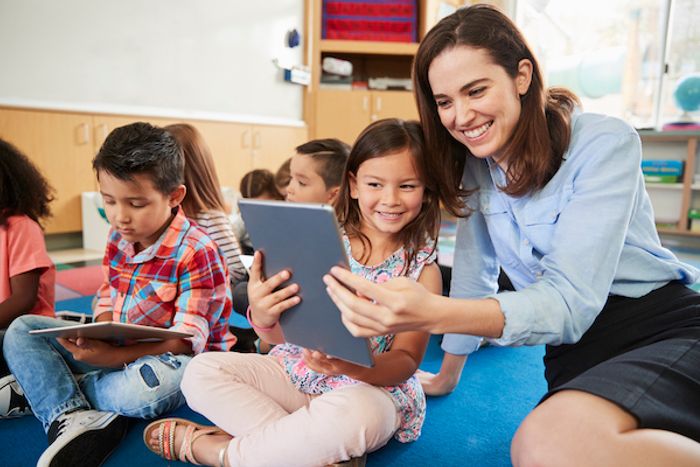Augmentative Alternative Communication (AAC) systems are tools non-speaking individuals may use to communicate with others. Millions of children in the United States are emergent bilinguals who benefit from AAC technologies to support their language development and participation across social and academic contexts (King, Ward, Soto & Barrett, 2022). According to ASHA’s 2021 Demographic Profile of ASHA Members Providing Multilingual Services, there are 10,807 Spanish-speaking self-identified SLPs. Therefore, we can conclude a monolingual therapist would, most likely, be providing bilingual AAC services given the clear disparity between bilingual SLPs and bilingual AAC users. How can monolingual SLPs support Spanish/English bilingual language learner AAC users without knowing the language? Monolingual SLPs can create a climate where different language practices are included and legitimized, where clients and their families feel proud of their native language, and where their bilingualism can be used to support language development (SFSU Culturally Responsive AAC, 2021). This seminar identifies culturally responsive AAC practices, including current issues, myths, and concerns in providing Spanish bilingual AAC intervention; Latino cultural perspectives; evidence-based AAC intervention tools for Spanish bilingual emergent communicators; and defines SLP's role in supporting language growth.
